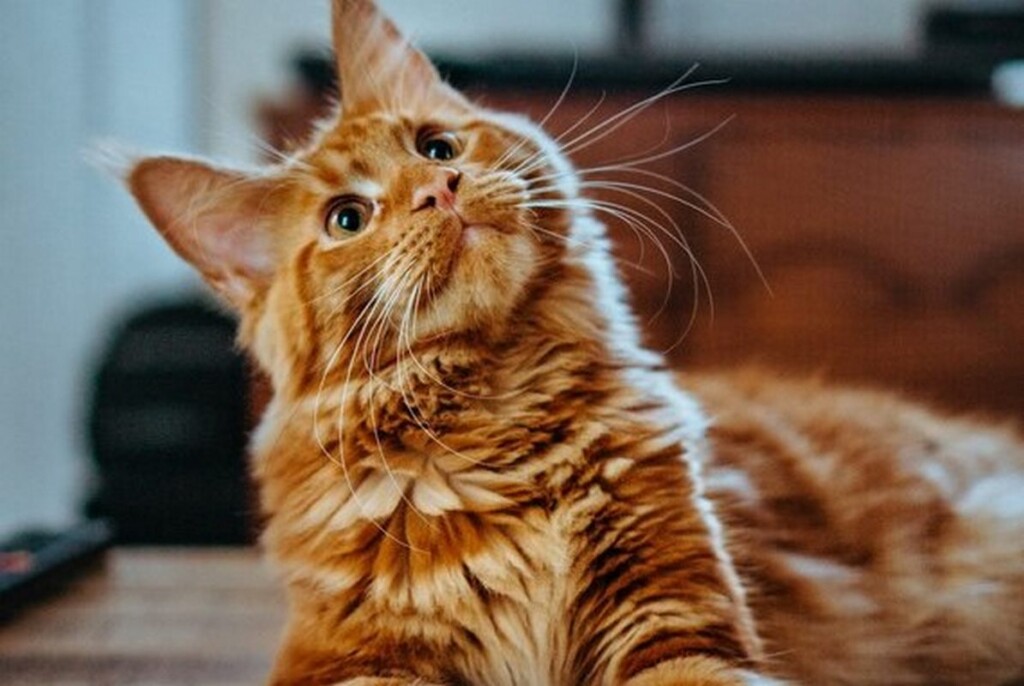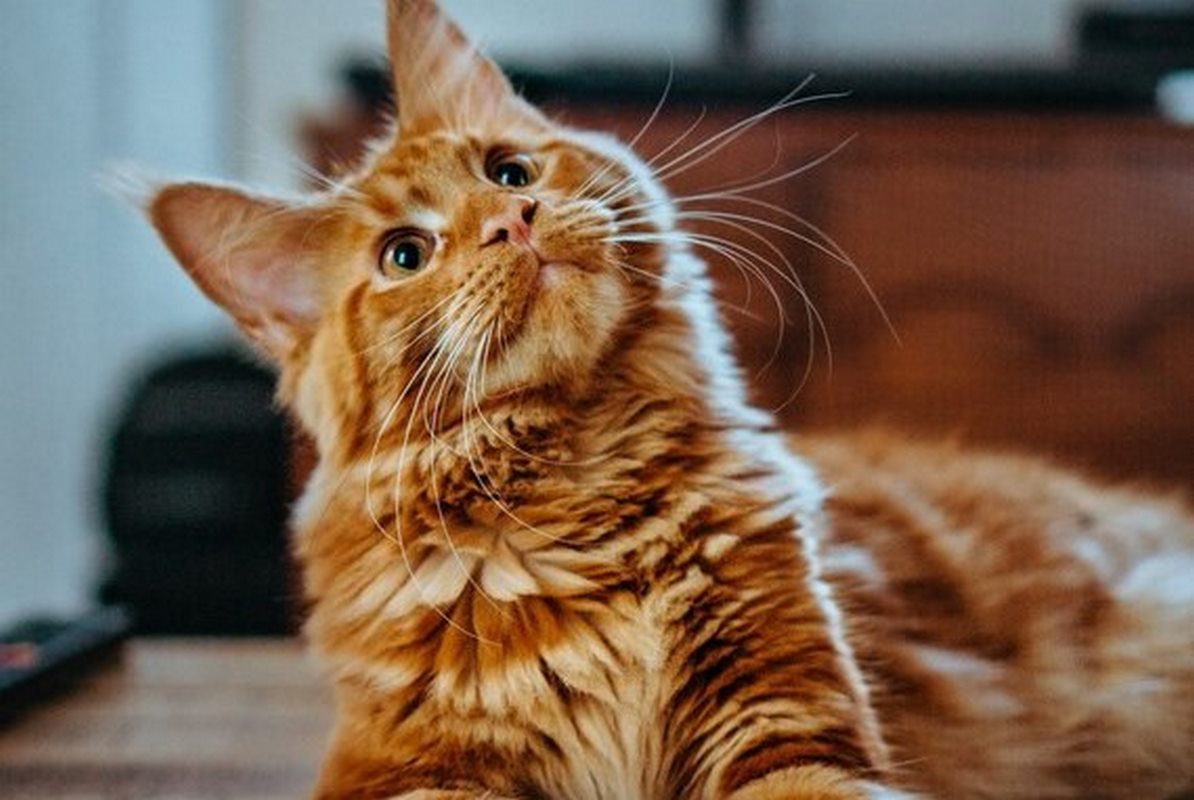
Cats sometimes get a bad rap as loners and antisocial furballs with cold, indifferent looks. But, unsurprisingly for a domesticated hunter, they are very socially active according to a new study that counted their facial expressions.
While recording video footage of the 53 residents of a Los Angeles cat cafe, researchers Lauren Scott and Brittany Florkiewicz concluded that cats possess at least as much variance in their facial expressions as dogs.
In particular, they found that cat facial expressions and their complexity were derived from “compositionality” rather than complexity, meaning that in order to dig what your cat is communicating, it pays to look at its ears, nose, and whiskers, not only its eyes and mouth.
Lauren and Florkiewicz discovered 276 expressions made up of a combination of 26 facial movements; dogs by comparison use 27 movements and humans use 44.
Each expression combined about four of these 26 unique facial movements, including parted lips, jaw drops, dilated or constricted pupils, blinks and half blinks, pulled lip corners, nose licks, protracted or retracted whiskers, and/or various ear positions.
Live Science, which spoke to the authors, details that the majority of the developed expressions were sociable ones—meant to communicate with another cat or a human in a cooperative and calm manner.
MORE CAT MYSTERIES: Why Cats Love to Sit in Boxes – Even Fake Ones, According to Science
“It was surprising to see them play-fighting, and then things escalated into an aggressive encounter,” Florkiewicz told the outlet. “You can see a change in their facial expressions. At first one cat’s eyes were more relaxed and its ears and whiskers were pushed forward, a movement to get closer to the other cat. But then things got ugly, and it moved its ears and whiskers backward — its demeanor changed pretty quickly.”
MORE RESEARCH LIKE THIS: Cats Track Their Owners’ Movements, Research Finds
One interesting finding was that it appeared domestic cats shared similar aspects of the “common play face” observed in other mammals like monkeys, humans, and dogs, characterized by the corners of the mouth drawn back and the jaw dropped like in a spritely laugh.
The authors hope that humane societies, shelters, and other locations that house multiple cats can use their research to better understand the deeper humors and sympathies of their feline residents.
SHARE This Story With Cat Owners, See How Many Expressions They’ve Seen…




















